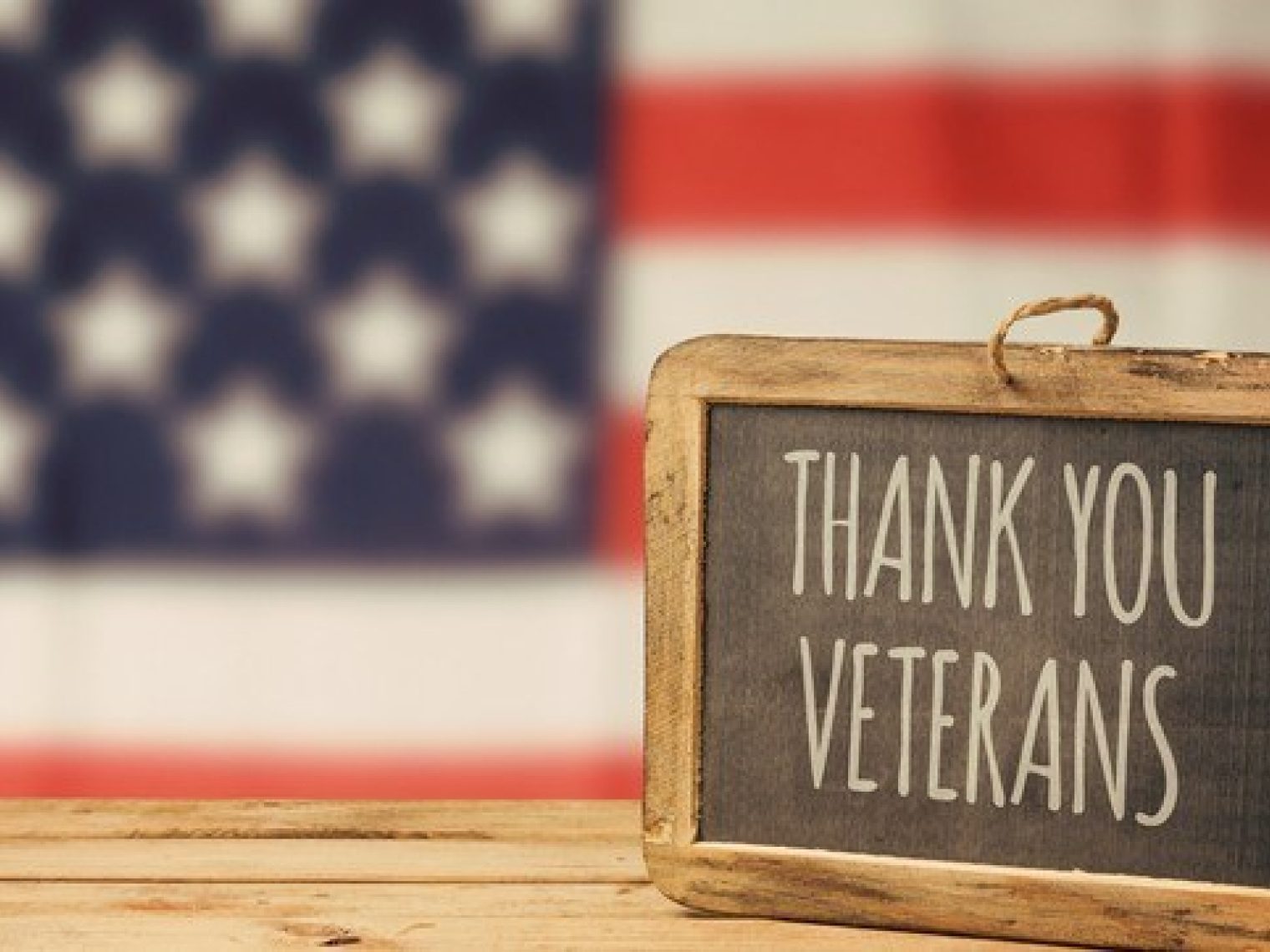Deciding whether to leave the military is a deeply personal choice, and it's natural to have mixed feelings. It's a decision that can have a profound impact on your identity, routine, and sense of purpose. Leaving the structured environment of the military can be both liberating and intimidating. Not only do you have to consider how your decision affects your loved ones, but you also have to consider your career goals and what you really want to achieve in life.
When deciding whether or not to leave the military, it is also vital to consider how it will affect you financially.
Today, we’ll walk you through how returning to the civilian world may impact you financially to lessen the stress of a transition, should you decide to make it.
Should I Leave the Military?
Whether you’ve served for 3 years, 10, or 15, leaving the military is never an easy decision. If you’re further along in your service, consider if military or civilian life will better help you achieve your personal life goals. One of the biggest life goals people have is for their finances.
Service members are eligible for retirement after 20 or more years of active duty, and military retirement offers incredible benefits like a pension, health and life insurance, GI bill benefits, and more. Consider whether the transition to civilian life will be able to replicate those benefits for you.
It really is a case-by-case thing, but I think the thing that surprises most people is you can’t just look at the salary differences. When you factor in the lost benefits, you have to earn a lot more. A service member should base the outcome on criteria including taxes, benefits, life insurance and retirement savings.
If you decide to leave, you should prepare for the costs of civilian life and know the specific benefits you’ll be leaving behind.
Costs to Consider Before Leaving the Military
Housing Costs
One point to consider when choosing whether to stick it out in the military or head for civilian life is housing costs. Service members receive a tax-free housing allowance that goes toward their rent or mortgage and vanishes when they leave the military. To determine the smartest move, you should compare the loss of the housing allowance to the increase in civilian salary.
Regardless of whether you leave or stay, there are mortgage options for qualified Veterans and service members. The VA loan, established in 1944, is a loan backed by the Department of Veterans Affairs designed to help eligible Veterans and service members realize their dreams of homeownership with the option of $0 down financing.
Income Taxes
Another issue is taxes. Typically, service members only have to worry about federal income taxes since most states waive income tax on military pay. Basic Allowance for Housing (BAH) and Basic Allowance for Subsistence (BAS) are tax-exempt.
Additionally, if you hold residence in a state with no income tax, you won’t have to pay income tax as long as you’re in the military, even if you are stationed outside of that state.
If you decide to serve for 20 years, keep in mind that many states offer specific exemptions for military retirement pay.
Insurance Costs
Health insurance is an important aspect that requires careful consideration.
Staying more than 20 years in the military means receiving health insurance during retirement. If you leave before 20 years, you’ll have to find other health coverage, which can be notoriously pricey.
According to a recent Forbes article, the average monthly payment for individual health coverage is $450 per month and $1,150 for family coverage.
Education Costs
For those who served after 2001, you can take advantage of the Post 9/11 GI Bill to cover education, housing, books and supplies. It is one of the great benefits of serving.
You can also transfer your GI Bill benefits to your spouse at any time or a dependent once you’ve completed at least 10 years of military service.
Answer a few questions below to speak with a specialist about what your military service has earned you.
Retirement and Pension
Two final financial considerations when choosing to stay in the military or get a civilian job are retirement and pension. If you’re in the military, you can contribute to a Thrift Savings Plan.
However, a new job might provide similar accommodations and match part of your savings. You should compare military retirement plans to those of your potential jobs to see which is more beneficial.
If you stay in the military for 20 or more years, you can receive a pension up to 50% of your base salary. This pension may or may not be worth staying in the service to you. It’s important to consider all of what goes into your military retirement package and compare it to what you could get from potential civilian employers.
“People really underestimate how much they would have to pull out of their own pockets,” says Lankford. As with any major life decision, start thinking about your transition out of the military in the few years before making the decision. Give yourself time to discover how your skills could translate to civilian jobs. And be sure to consider all the financial facts before coming to a conclusion.
At the end of the day, the only person who really knows what you want is you.
Reflect on whether your long-term aspirations align with a continued military career or if you have other professional interests you'd like to explore in the civilian world. It can be worth it for those who find fulfillment and security in a military career, but it may not be the right path for everyone.
You can talk with a Veterans United VA loan Expert at 855-870-8845 about how your transition might affect your VA loan.
Related Posts
-
 What Not to Do When Buying a House and Mistakes to AvoidDiscover key mistakes to avoid before buying a home, ensuring a smoother, more informed process. Here's four things to not do when purchasing a house.
What Not to Do When Buying a House and Mistakes to AvoidDiscover key mistakes to avoid before buying a home, ensuring a smoother, more informed process. Here's four things to not do when purchasing a house. -
 2020 Veterans Day Discounts, Deals, and GiveawaysVeterans Day 2020 will be on Wednesday, November 11th, 2020. Check out this full list of deals for veterans, service members and their families.
2020 Veterans Day Discounts, Deals, and GiveawaysVeterans Day 2020 will be on Wednesday, November 11th, 2020. Check out this full list of deals for veterans, service members and their families.


